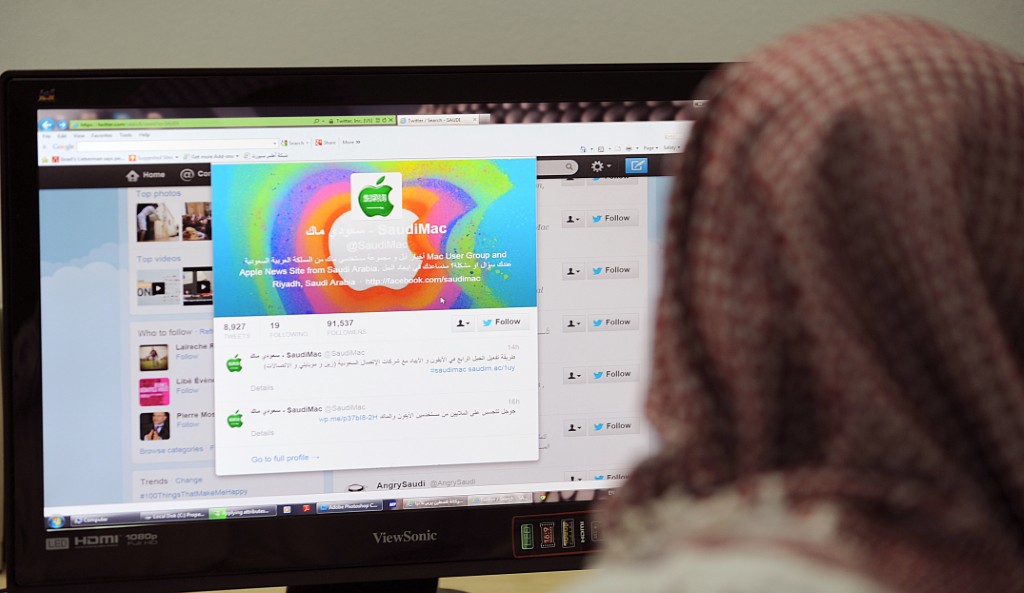Dubai, UAE — The United Arab Emirates (UAE) has claimed the title of the world’s best internet quality, according to the 5th annual Digital Quality of Life Index (DQL) by Surfshark.
The UAE’s achievement in internet quality marks a significant improvement from its previous third-place ranking in this category. However, in the overall DQL Index, the UAE stands at 38th globally, reflecting its challenges in other areas, particularly in e-security.
The DQL Index assesses the digital quality of life in 121 nations, covering 92 percent of the global population, across five key pillars and 14 indicators.
The UAE’s impressive internet quality score is attributed to its fixed internet speed, which averages 229 Mbps, ranking second globally just behind Singapore. Meanwhile, the country’s mobile internet speed averages 310 Mbps, making it the world’s fastest.
In terms of internet quality, the UAE’s fixed broadband speed has grown by 18 percent since last year, and mobile internet speed has improved by 25 percent. Compared to Qatar, the UAE’s mobile internet is 11percent faster, while fixed broadband is 48 percent faster.
However, despite its internet quality dominance, the UAE faces challenges in other aspects of the DQL Index. The country’s lowest ranking comes in e-security, where it stands at 90th globally. The e-security pillar evaluates a country’s preparedness to counter cybercrime and the strength of its data protection laws. In this area, the UAE trails behind Qatar (67th) and Saudi Arabia (42nd).
Internet affordability is another area of concern, with the UAE ranking 63rd globally. Emiratis have to work 3 hours and 37 minutes a month to afford fixed broadband internet, while they need to work 1 hour, 20 minutes, and 56 seconds a month for mobile internet affordability.
In contrast, the UAE excels in e-infrastructure, ranking 17th globally. High internet penetration (100 percent – 1st in the world) and strong network readiness (27th) contribute to this high ranking. The e-government pillar also showcases the UAE’s excellence, ranking 17th globally. The country’s advanced e-government services and AI readiness surpass the global average.
Surfshark’s spokeswoman, Gabriele Racaityte-Krasauske, emphasized the importance of measuring digital quality of life in today’s world where online activities, including work, education, and leisure, have become integral to overall quality of life.
Globally, the study found that the internet has become more affordable than in the previous year. Fixed internet is 11 percent more affordable, requiring 42 minutes less work per month on average. Mobile internet is 26 percent more affordable, with people needing to work 41 minutes less to afford it.
Surfshark’s DQL Index 2023 is based on open-source information from the United Nations, the World Bank, and other reliable sources, and includes four more countries compared to the previous year’s study, demonstrating the company’s commitment to global representation.







